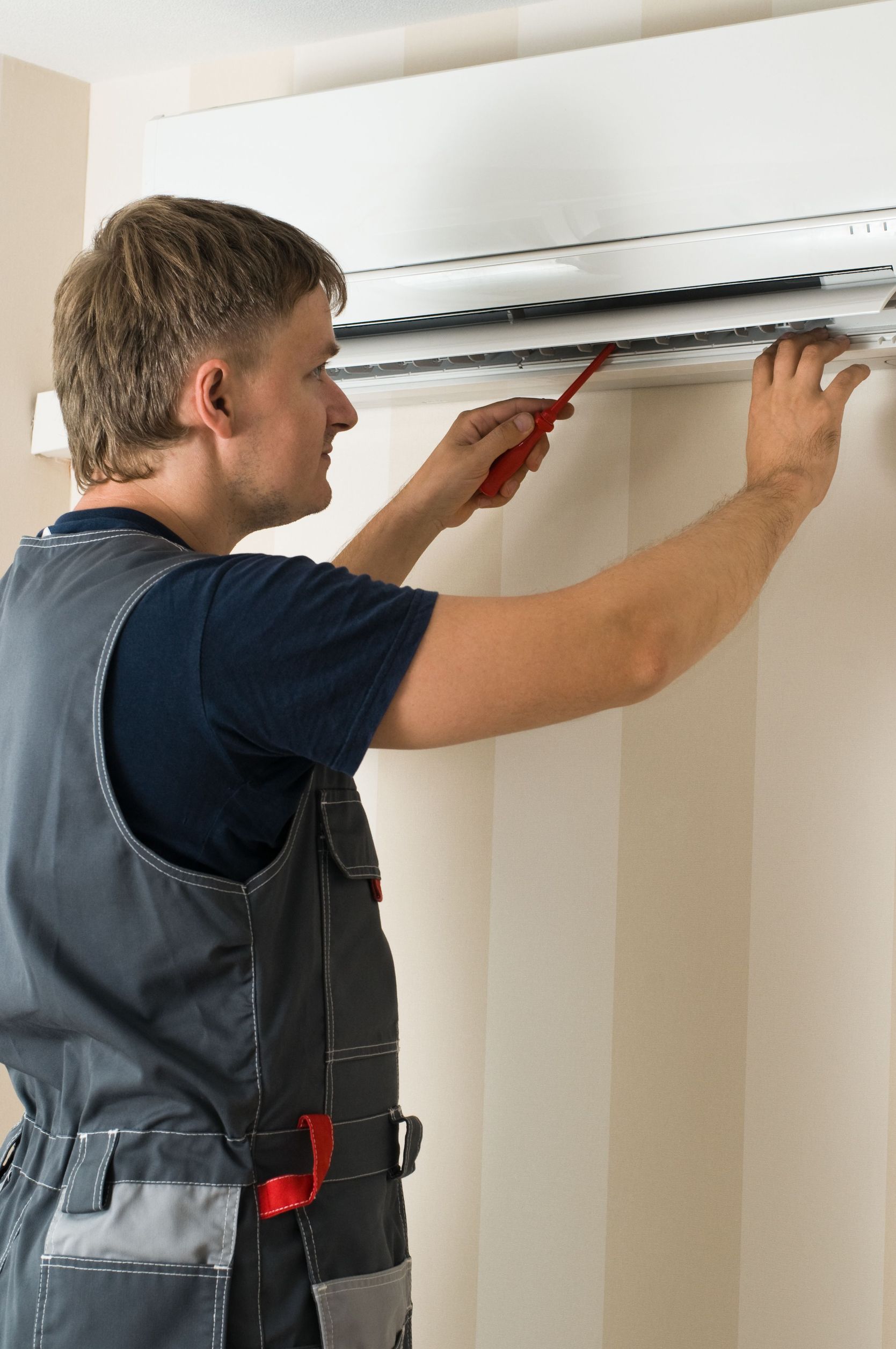Heating a New Jersey home can be costly at times for any family, depending on the type of heating source the home has and whether it uses fuel or electricity. While many homeowners prefer the use of electric furnaces, many still prefer to use gas and oil heaters for their home. This can be both beneficial and detrimental to the home, depending on which fuel you go with. Some older homes come equipped with oil burning furnaces, which can be both hazardous and costly to use. Many newer homes are equipped with gas furnaces, which burn cleaner and are safer to use, but also produce more heat for the home than older oil burning furnaces can. This is why many homeowners with older furnace systems in their home opt for upgrading to a newer gas burning furnace to keep their home warmed properly throughout the winter months.
Natural gas furnaces cost a lot less to use for warming your home than older oil based ones. The cost for natural gas is usually less than the cost for fuel oil, making the savings almost immediate when you switch furnace types. Another benefit to switching to a gas burning furnace, is the increase in efficiency which is usually in the 98% range in most cases. Getting oil to gas conversions in NJ can help not only improve the efficiency of your heating method for your home, but also save you money over time when compared to sticking with that outdated oil burning furnace. Depending on the size of your home, and the amount of space in each room, you may not need a larger furnace than the one you currently have. Some gas burning furnaces can be much smaller than an oil burning model, and still produce the same heating or more when used properly.
Heating a home properly doesn’t always depend on the type of furnace you have in your home. Even with oil to gas conversions, you still need to have a well-insulated home to hold the heat inside of it. If your home isn’t properly insulated, you could be leaking heat out and wasting fuel in your furnace trying to keep your home warm. Always check your home’s doors and windows, to be sure no air is leaking out of them when checking for insulation issues, since these are the most common places to look. Visit First Choice Heating & Cooling for more information.


